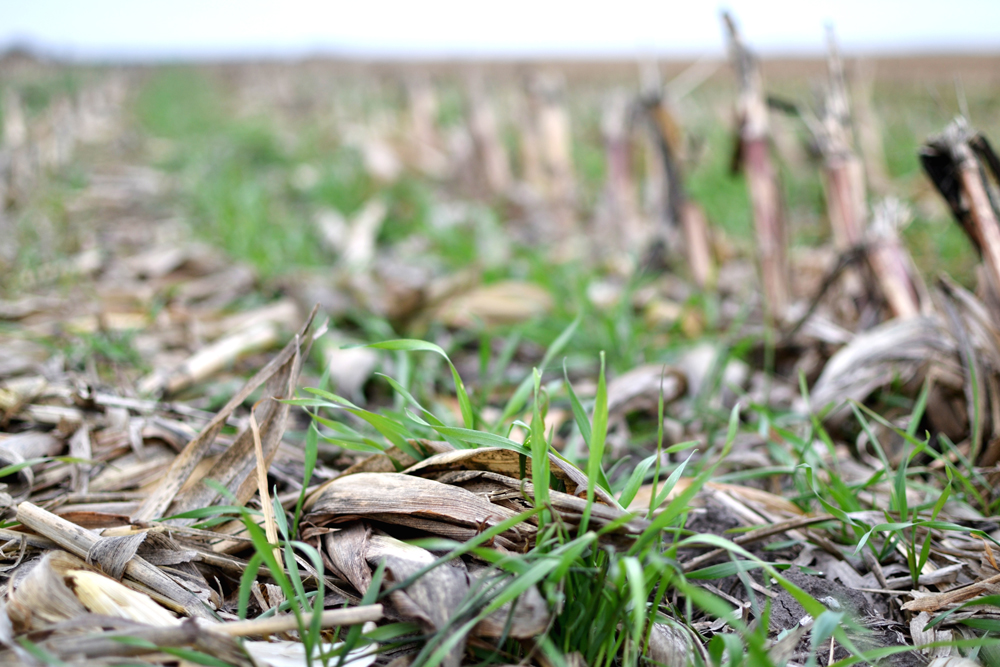Conservation farming can boost soil lifespans, research finds

Published: February 8, 2021
Category: Regenerative Agriculture
Soil is a living organism, with its own lifespan. Soil lifespan is defined as the time it would take to erode 30 centimeters of topsoil.
Recent joint research from China, the U.K., and Belgium has found that global soil can be healed and feed humanity for over 10,000 years, if soil conservation practices are put in place.
“Urgent action worldwide is needed to prevent the thinning of soil profiles and the subsequent collapse of…food production,” said Dan Evans of Cranfield University, U.K. and the paper’s first author. By slowing erosion rates and promoting soil growth, the food system can become sustainable.
Soil erosion is currently outpacing soil formation—causing depletion of carbon, water, and nutrients vital for agriculture. U.N. food experts warned that only 60 harvests might be left on the planet.
The research analyzed 10,000 total years of soil erosion rates from 250 sites worldwide; it added this data to soil building data to predict each location’s soil lifespan. The results showed that over 90% of conventionally farmed soils were thinning, and 16% had lifespans shorter than 100 years—confirming the “pervasiveness, magnitude, and severity of the threat” (Evans). Only 7% of the soils using conservation management had such worrisome data—almost half exceeded 5,000-year lifespans.
Conservation practices include converting arable land to forest, cover cropping, and terracing steep slopes; methods will differ in different localities.
Mahdi Al-Kaisi of Iowa State University supports a national policy for soil conservation through the Farm Bill.
Source: Food Tank
To view source article, visit:
https://foodtank.com/news/2020/12/farming-right-can-boost-soil-lifespans-research-shows/
Organic & Non-GMO Insights February 2021




